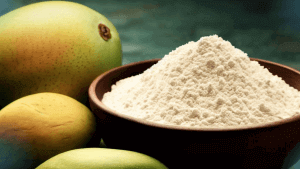What can I substitute for Mango Powder?
You need a mango powder substitute but aren’t sure what is a suitable alternative. Well don’t worry, if you don’t have mango powder (also known as amchur or amchoor) available, you can use the following substitutes in your recipes:
- Lemon or Lime Juice: Lemon or lime juice can provide a similar tangy and sour flavor to dishes. Start by adding a small amount and adjust according to your taste.
- Tamarind Paste: Tamarind paste has a tangy and slightly sweet flavor and can be used as a substitute for mango powder. Dilute the tamarind paste with water before using it in your recipe.
- Vinegar: Vinegar, such as apple cider vinegar or white vinegar, can add acidity and tanginess to your dish. Use it sparingly, as the flavor can be quite strong.
- Pomegranate Powder: Pomegranate powder, also known as anardana, has a sour and slightly fruity flavor. It can be used as a substitute for mango powder in some recipes, particularly in Indian cuisine.
- Dried Sumac: Dried sumac has a tangy and citrusy flavor and can be used as a substitute for mango powder. It is commonly used in Middle Eastern cuisine.
Remember that the flavor of these substitutes may not be identical to mango powder, but they can still provide a tangy and sour element to your dishes. It’s a good idea to start with a smaller quantity and adjust to taste.
What is Mango Powder?
Mango powder, also known as amchur or amchoor, is a spice made from dried unripe green mangoes. It is commonly used in South Asian cuisine, particularly in Indian, Pakistani, and Bangladeshi dishes.
To make mango powder, green mangoes are harvested before they ripen and are sliced or cut into pieces. These pieces are then sun-dried until they lose their moisture and become dehydrated. Once dried, the mango pieces are ground into a fine powder, resulting in mango powder.
Mango powder has a tangy and slightly sour flavor, similar to tamarind or lemon juice. It is used as a souring agent and flavor enhancer in various dishes. It is often added to chutneys, pickles, curries, marinades, and spice blends to provide a sour and citrusy taste. And it can also be sprinkled over salads, fruits, and snacks as a seasoning.
In addition to its distinctive flavor, mango powder is known for its high vitamin C content. It also contains other nutrients like vitamin A, E, and antioxidants. However, the nutrient content may vary depending on the specific drying and processing methods used.
Overall, mango powder is a versatile spice that adds a unique tangy flavor to a wide range of dishes, making it a popular ingredient in South Asian cuisine.
Okay, before we look at your Mango Powder substitute options, let’s deal with that empty cupboard situation!
Where can I buy Mango Powder?
If you want to be more prepared and ensure you don’t run out of Mango Powder then you should stock up now.
Nowadays most delicatessens and general supermarkets stock Mango Powder. Or if you prefer you can also purchase Mango Powder on-line. Here is a link for a jar of Amchur – Ground Mango Powder.
So why not jump on and place your order today.
STOCK UP NOW!
Amchur (Mango Powder)
100% ground mango powder.
3 ounces of pure powder in a resealable jar.
What can I substitute for Mango Powder?
Here are some of the best ingredients to substitute the flavor and role that Mango Powder provides in your recipes.
- Lemon or Lime Juice
- Tamarind Paste
- Vinegar
- Pomegranate Powder
- Dried Sumac
Mango Powder substitutes
Lemon or Lime Juice
When using lemon or lime juice as a substitute for mango powder, it’s important to keep in mind that the flavor profile will be different. Mango powder has a slightly sweet and tangy taste, while lemon or lime juice provides a more sour and acidic flavor. Additionally, the texture and consistency of the dish may be affected.
To substitute mango powder with lemon or lime juice, consider the following guidelines:
- Start with a smaller quantity: Begin by using a small amount of lemon or lime juice, and gradually increase the amount to achieve the desired level of sourness.
- Adjust sweetness: Since mango powder has a hint of sweetness, you may want to balance the sourness of lemon or lime juice by adding a small amount of sugar or sweetener to the dish.
- Consider the texture: Mango powder is a dry spice, so using lemon or lime juice as a substitute might add more moisture to the dish. You may need to adjust other liquid ingredients or cooking times accordingly.
- Taste and adjust: As with any substitution, taste the dish as you go and make adjustments based on personal preference. Remember that the flavor will not be exactly the same as with mango powder, but it can still provide a tangy element.
Overall, while lemon or lime juice can provide acidity and a tangy flavor, it won’t replicate the specific taste of mango powder. It’s best to use it as a substitute in dishes where the sourness is more important than the specific mango flavor.
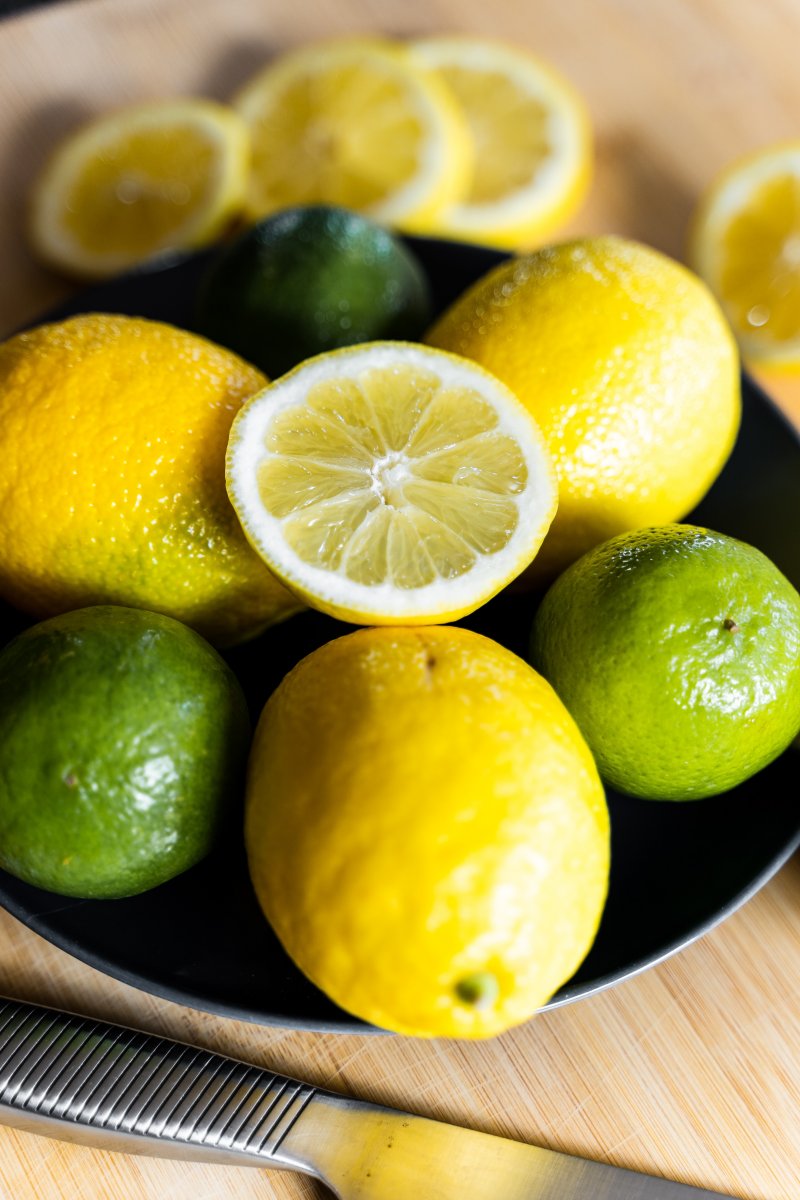
Tamarind Paste
Tamarind paste can be a suitable substitute for mango powder in certain recipes. The paste has a tangy and slightly sweet flavor, which can provide a similar sourness to dishes. However, it is important to note that tamarind paste has a distinct taste of its own, so the flavor profile of the dish may be altered.
To use tamarind paste as a substitute for mango powder, consider the following suggestions:
- Dilute the tamarind paste: Tamarind paste is quite concentrated, so it is advisable to dilute it with water before using it as a substitute. Start by adding a small amount of tamarind paste to a small quantity of water and mix well. Adjust the amount of paste and water until you achieve the desired tanginess.
- Adjust sweetness: If the dish requires a slight sweetness that is characteristic of mango powder, you can balance the tartness of tamarind by adding a small amount of sugar or sweetener.
- Consider texture and consistency: Tamarind paste has a thick and sticky texture. When using it as a substitute for mango powder, you may need to adjust the liquid content in the recipe to maintain the desired consistency.
- Taste and adjust: As with any substitution, taste the dish as you go and make adjustments according to your preference. Keep in mind that the flavor will differ from using mango powder, but tamarind paste can still provide a tangy and sour element.
Tamarind paste works well as a substitute for mango powder in dishes like chutneys, marinades, and curries, particularly in Asian and Indian cuisines.
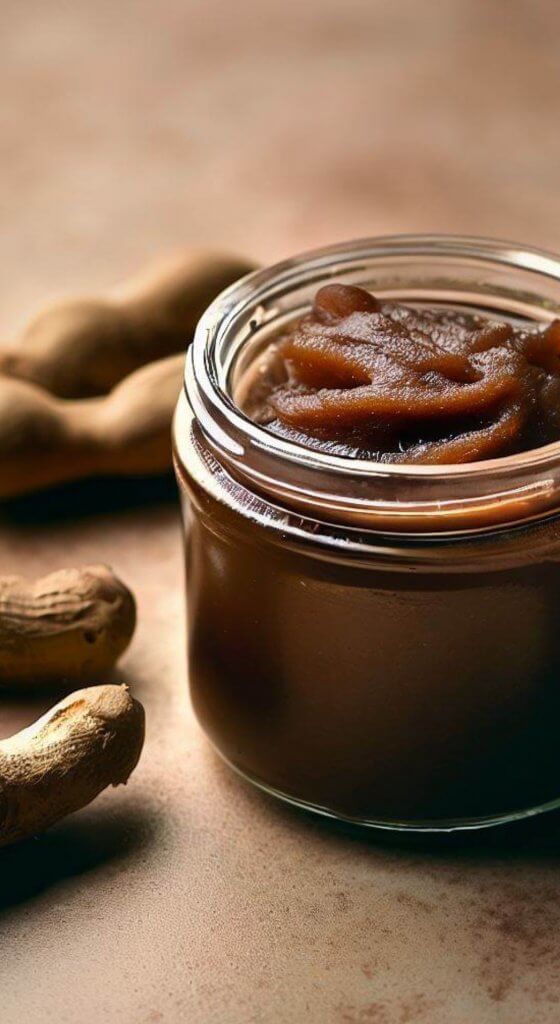
Vinegar
Vinegar can be used as a substitute for mango powder in certain recipes. It provides acidity and tanginess, although the flavor will be different from mango powder. Here are some tips for using vinegar as a substitute:
- Choose the right type of vinegar: White vinegar and apple cider vinegar are good options for substituting mango powder. White vinegar has a sharper, more neutral flavor, while apple cider vinegar has a slightly fruity taste. Use the type that complements the flavors of your dish.
- Dilute the vinegar: Vinegar is highly concentrated, so it’s important to dilute it with water before using it as a substitute. Start with a small amount of vinegar and gradually increase it until you achieve the desired level of acidity. You can dilute vinegar in a 1:1 ratio with water, or adjust the ratio based on your taste preference.
- Consider sweetness: Mango powder has a slight sweetness, which vinegar lacks. If the dish requires a touch of sweetness, you can add a small amount of sugar or sweetener to balance the tartness of the vinegar.
- Adjust liquid content: Vinegar will introduce additional liquid to the recipe, so you may need to adjust other liquid ingredients accordingly. Reduce the quantity of other liquids, such as water or broth, to maintain the desired consistency of the dish.
- Taste and adjust: As with any substitution, taste the dish as you go and make adjustments according to your preference. Keep in mind that the flavor profile will be different, but vinegar can provide the desired acidity in the absence of mango powder.
Vinegar can work well as a substitute for mango powder in recipes like marinades, dressings, and sauces.
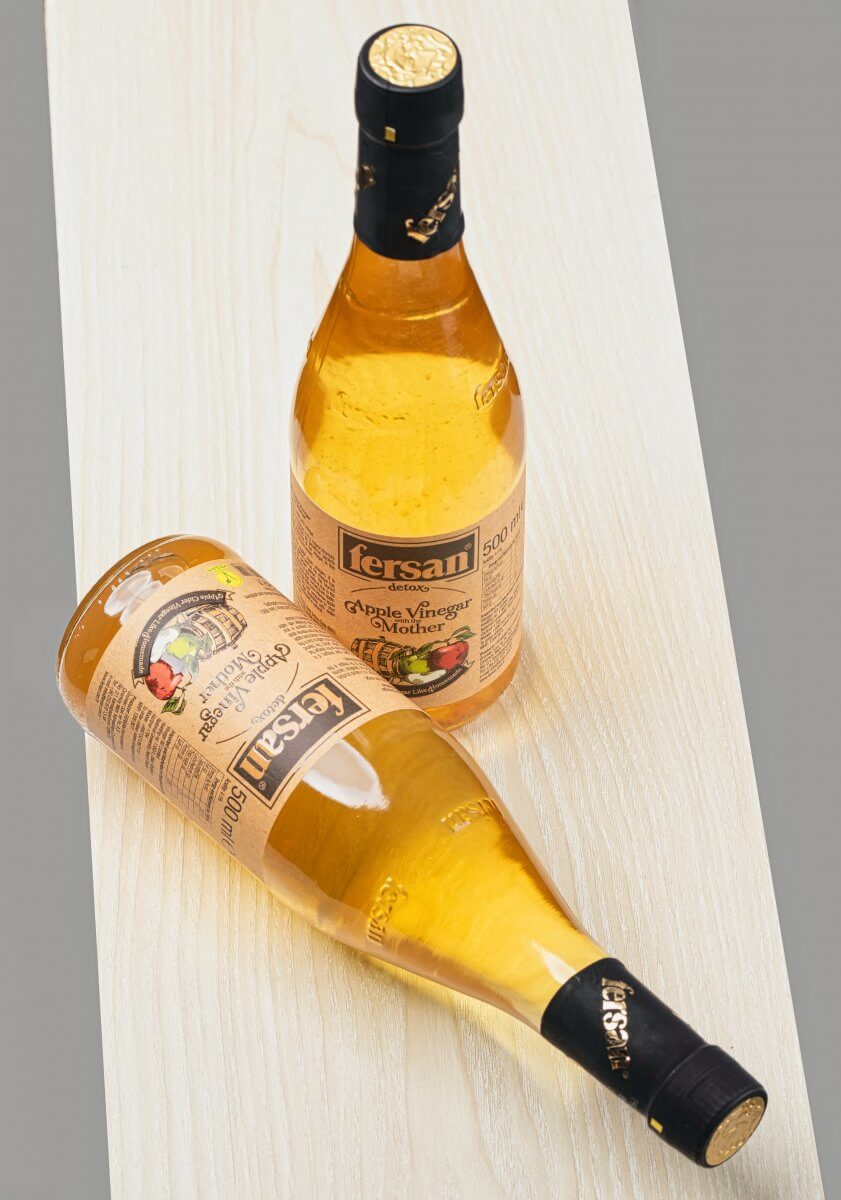
Pomegranate Powder
Pomegranate powder, also known as anardana, can be used as a substitute for mango powder in certain recipes. While the flavors are different, pomegranate powder provides a tangy and slightly fruity taste that can add a similar sourness to dishes. Here are some tips for using pomegranate powder as a substitute:
- Consider the flavor profile: Pomegranate powder has a distinct flavor that is slightly sweet and tangy with a hint of fruitiness. It can provide a unique taste to the dish, which may differ from the sourness of mango powder.
- Adjust the quantity: Start by adding a small amount of pomegranate powder to the recipe and gradually increase it to suit your taste. The intensity of the flavor may vary depending on the brand and freshness of the pomegranate powder.
- Balance sweetness: Mango powder has a slight natural sweetness, whereas pomegranate powder is more tangy. If the dish requires a touch of sweetness, you can add a small amount of sugar or sweetener to balance the flavors.
- Texture considerations: Pomegranate powder has a fine texture, similar to mango powder. It can be used directly in dry spice blends or added to wet ingredients to dissolve and incorporate into the dish.
- Experiment and adjust: As with any substitution, taste the dish as you cook and make adjustments according to your preference. While pomegranate powder may not replicate the exact flavor of mango powder, it can still provide a tangy element with its own unique taste.
Pomegranate powder can be used as a substitute for mango powder in dishes like chutneys, marinades, and spice blends. It is commonly used in Indian and Middle Eastern cuisines and can add a distinct tanginess to the recipes.
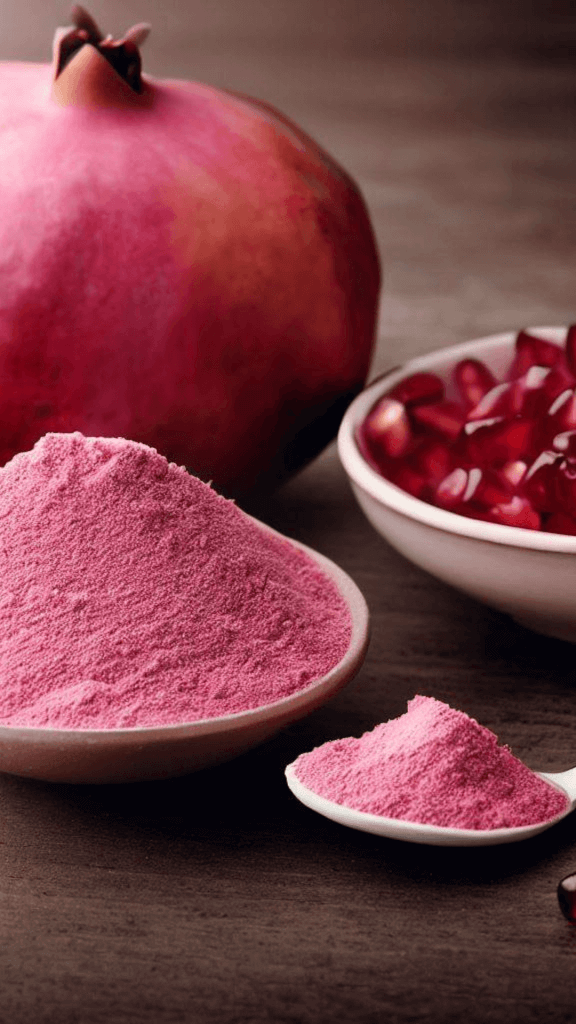
Dried Sumac
Dried sumac can be used as a substitute for mango powder in certain recipes. While the flavors are different, dried sumac provides a tangy and slightly citrusy taste that can add a similar sourness to dishes. Here are some tips for using dried sumac as a substitute:
- Understand the flavor profile: Dried sumac has a tangy, slightly sour, and citrusy flavor. While it differs from the taste of mango powder, it can still provide a pleasant acidity to the dish.
- Adjust the quantity: Start by adding a small amount of dried sumac to the recipe and gradually increase it to your liking. The intensity of the flavor can vary depending on the freshness and quality of the dried sumac.
- Consider balance: Sumac can have a distinct tartness, but it lacks the sweetness found in mango powder. If the dish requires a touch of sweetness, you can add a small amount of sugar or sweetener to balance the flavors.
- Texture considerations: Dried sumac typically has a coarse texture. You can use it directly as a sprinkle over the dish or incorporate it into spice blends and marinades.
- Taste and adjust: As with any substitution, taste the dish as you cook and make adjustments according to your preference. While dried sumac won’t replicate the exact flavor of mango powder, it can still provide a tangy and citrusy element.
Dried sumac is commonly used in Middle Eastern cuisine and can be a suitable substitute for mango powder in dishes like salads, marinades, dips, and spice blends. It adds a unique tanginess that complements various savory dishes.
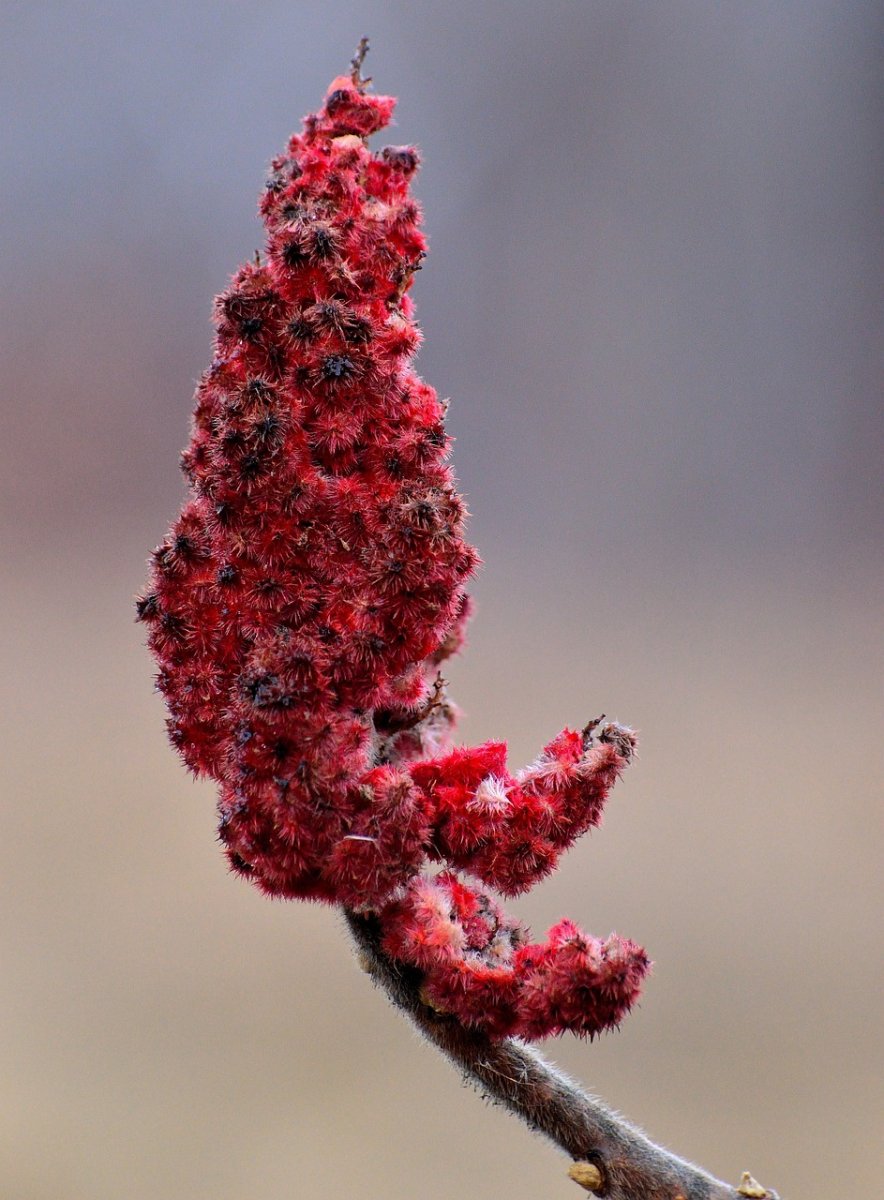
Summary for Mango Powder substitute
Okay – that’s you all sorted with suitable substitutes for Mango Powder.
In conclusion, while there are several substitutes for mango powder, each option provides a different flavor profile and may not perfectly replicate the taste of mango powder. Here’s a summary of the substitutes:
- Lemon or lime juice: Provides sourness and acidity but lacks the specific flavor of mango. Best for dishes where the sourness is more important than the mango flavor.
- Tamarind paste: Offers a tangy and slightly sweet flavor. Dilute with water before using and adjust sweetness accordingly. Works well in certain Asian and Indian dishes.
- Vinegar: Provides acidity and tanginess. Choose the type of vinegar that complements your dish. Dilute with water, adjust sweetness, and consider texture and consistency.
- Pomegranate powder (anardana): Imparts tanginess and a hint of fruitiness. Adjust quantity and balance sweetness. Commonly used in Indian and Middle Eastern cuisines.
- Dried sumac: Offers a tangy and citrusy taste. Adjust quantity and consider balance. Widely used in Middle Eastern cuisine.
It’s important to experiment and adjust these substitutes to achieve the desired flavor in your specific recipe. While they may not perfectly replicate mango powder, they can provide a tangy and sour element to your dishes.
If you would like to learn what other ingredients you can swap out, why not have a look at our Substitutes section.
